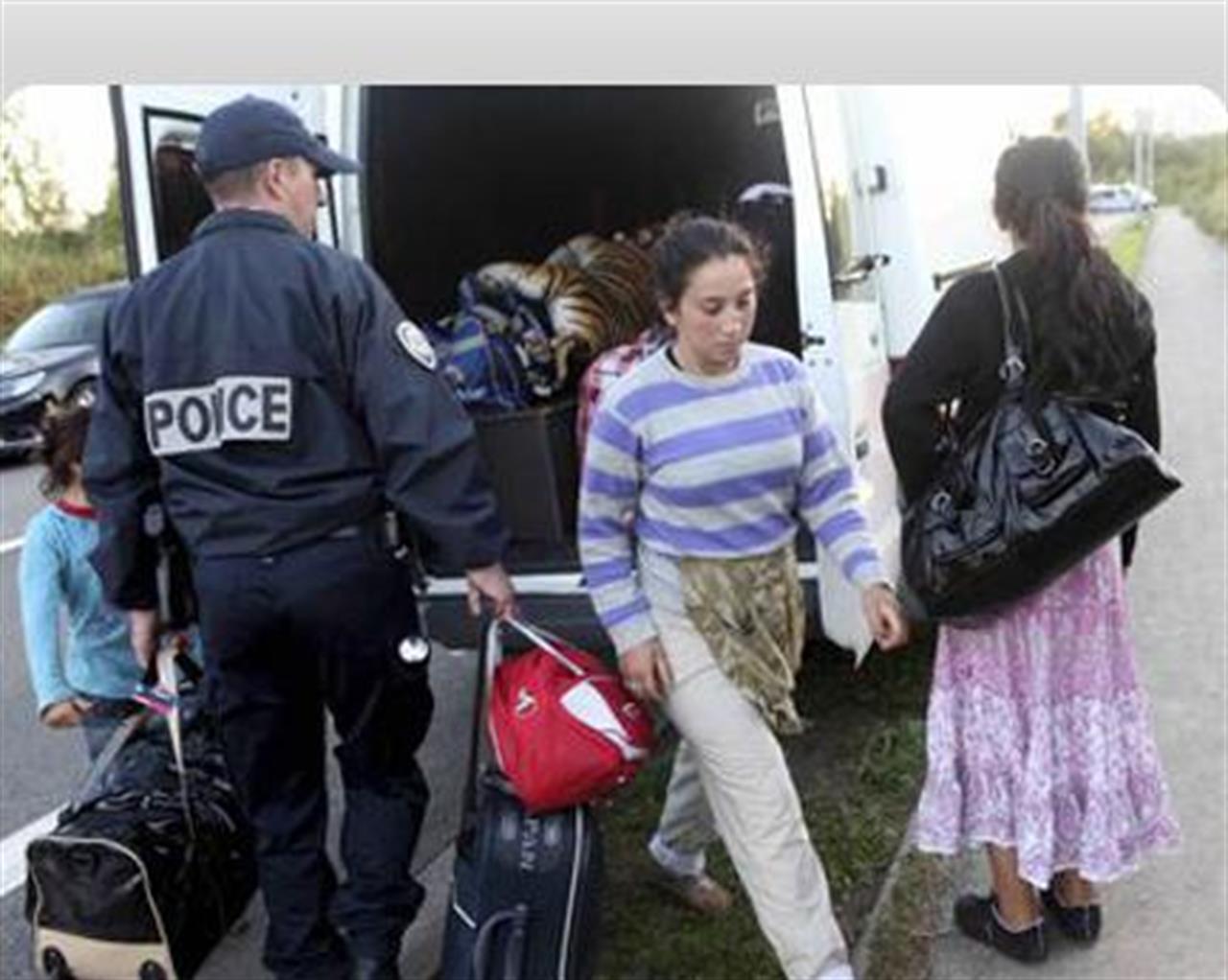Non profit
“Now Barroso has to do his job”
Interview with MEP Sophie in ´t Veld on the resolution condemning France’s Roma expulsion policy

Yesterday the European Parliament adopted a resolution condemning France’s Roma expulsion policy. The resolution expressed “deep concern” at recent measures taken by the French authorities and other EU Member States. Parliament agreed that the mass expulsions of Roma people violate EU law because the policy discriminates on the basis of race.
The resolution was proposed by centre-left wing groups. It was passed by 337 votes to 245 with 51 abstentions.
Sophie in ‘t Veld, Member of the European Parliament (MEP) for the Dutch Social-Liberal party D66, was part of the debate and the vote.
MEP since 2004 she is also Vice Chair of the Committee on Civil Liberties, Justice and Home Affair (LIBE).
Vita Europe speaks to Sophie in ´t Veld about the Strasbourg plenary session on the Roma issue.
What is the role of the European Commission now?
We have adopted a resolution yesterday and we want the European Commission to verify if the expulsions by France are in line with EU laws. We are very concerned that they are not because it very much looks as if the expulsions are not voluntary and not done on an individual case basis. The EC has started an investigation, but it is very slow, they are taking too much time and we feel that the Commission should act. With other issues, on economic issues for example, if there is violation of EU laws, the EC will intervene immediately. But in these matters the Commission is very reluctant.
What do you think about EU Justice Commissioner Viviane Reding’s statements on the Roma issue?
She made a statement on August 25 about the Roma situation in Europe, which was very good and very strong. The problem is that since then she hasn’t done very much. Instead of doing a real investigation into what happened, the Commission seems to simply accept the statement by the French government that everything is okay. This is not acceptable. I know that within the European Commission there are other Commissioners who feel that the Commission should act and be more present, more active. If this was about economic violations, for example if there were illegal cartels or illegal State aid, then the Commission would have also conducted its own investigation and would not have simply taken the word of the French government.
What are the main questions at stake regarding the status of the Roma in Europe?
I think one of the key questions is that this is not only about fundamental rights and freedom of movement, but it is about verifying if Member States accept when the European Union (the European Commission in this case) intervenes in case where a Member State violates EU law. In fact there is the feeling that in many areas Member States are accepting less and less the idea that the European Commission enforces its rules. If Member States don’t respect the rules and don’t accept enforcement it means that the European Union will disintegrate.
On September 7, 2010, European Commission’s President Barroso gave a speech in front of the European Parliament against racism and xenophobia in Europe, indirectly targeting for the first time the French anti-Roma campaign. Do you think this is an important step towards the respect of the Roma’s human rights?
I would have had more admiration for him if he had openly criticized France. Everyone was keen on blaming and shaming when for example Greece had violated the Stability Pact, nobody minded singling out one country and nobody had a problem pointing the finger at Greece. Whereas, with France no one dares to say anything. I think it should be Mr. Barroso’s political and moral duty to openly criticize France or any country that applies the same practices.
Can you tell me about the different positions at the discussion of the European Parliament? What was the general climate?
There was a very clear left-right divide. On the one hand there were the right wing parties and the extreme right parties, and on the other hand there were the centre-left parties. Two general issues were at stake: one was the general attitude towards racism, the other one was whether Europe should actually enforce its rules or whether Member States can actually do what they like.
So people who did not want to criticize France argued that the EU has no business intervening and that France can make whatever policies it likes. Our coalition said that France can make its own policies but it has to respect European and international laws and agreements.
Photo credit to Ed de Vlam.
17 centesimi al giorno sono troppi?
Poco più di un euro a settimana, un caffè al bar o forse meno. 60 euro l’anno per tutti i contenuti di VITA, gli articoli online senza pubblicità, i magazine, le newsletter, i podcast, le infografiche e i libri digitali. Ma soprattutto per aiutarci a raccontare il sociale con sempre maggiore forza e incisività.
